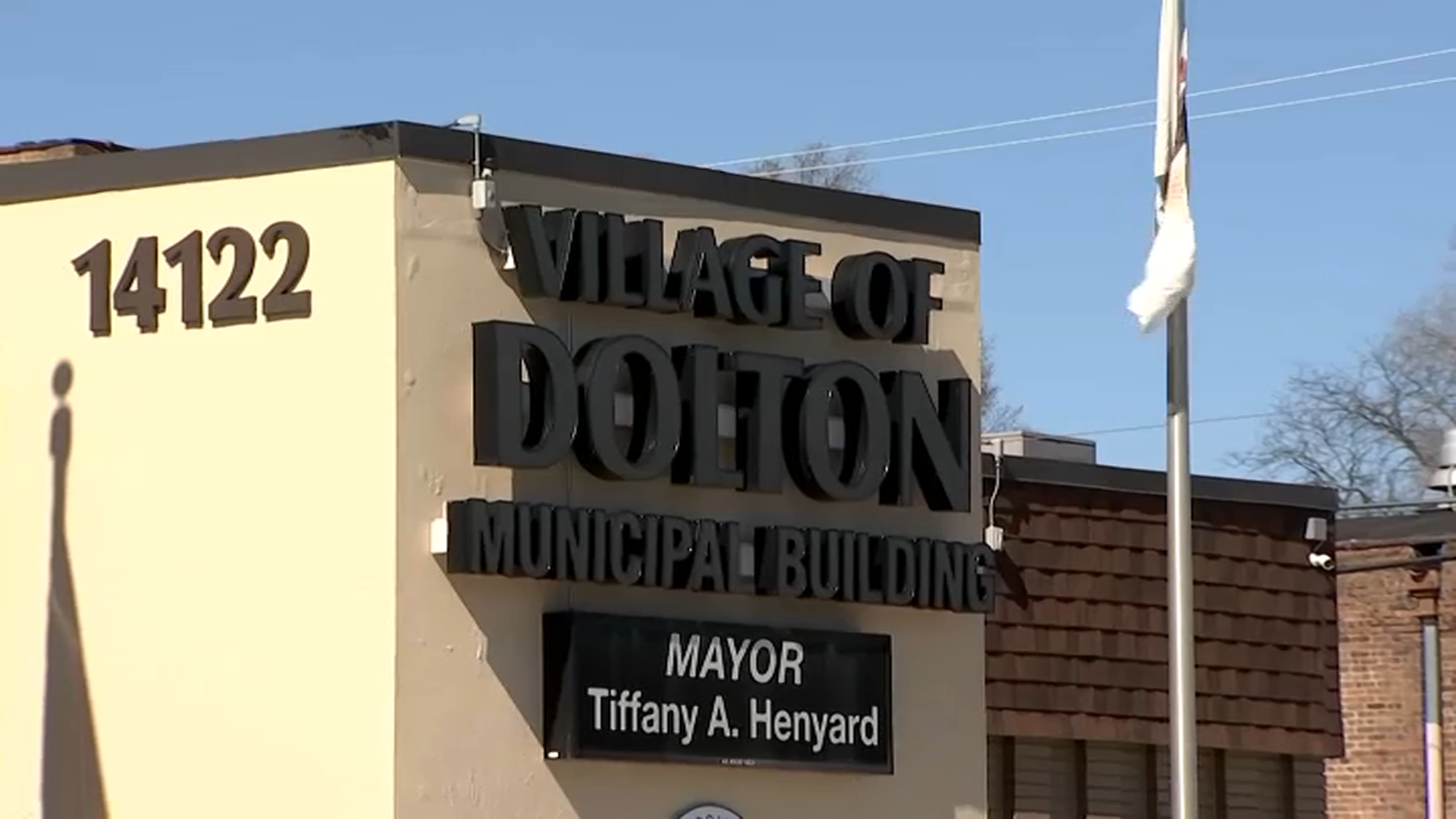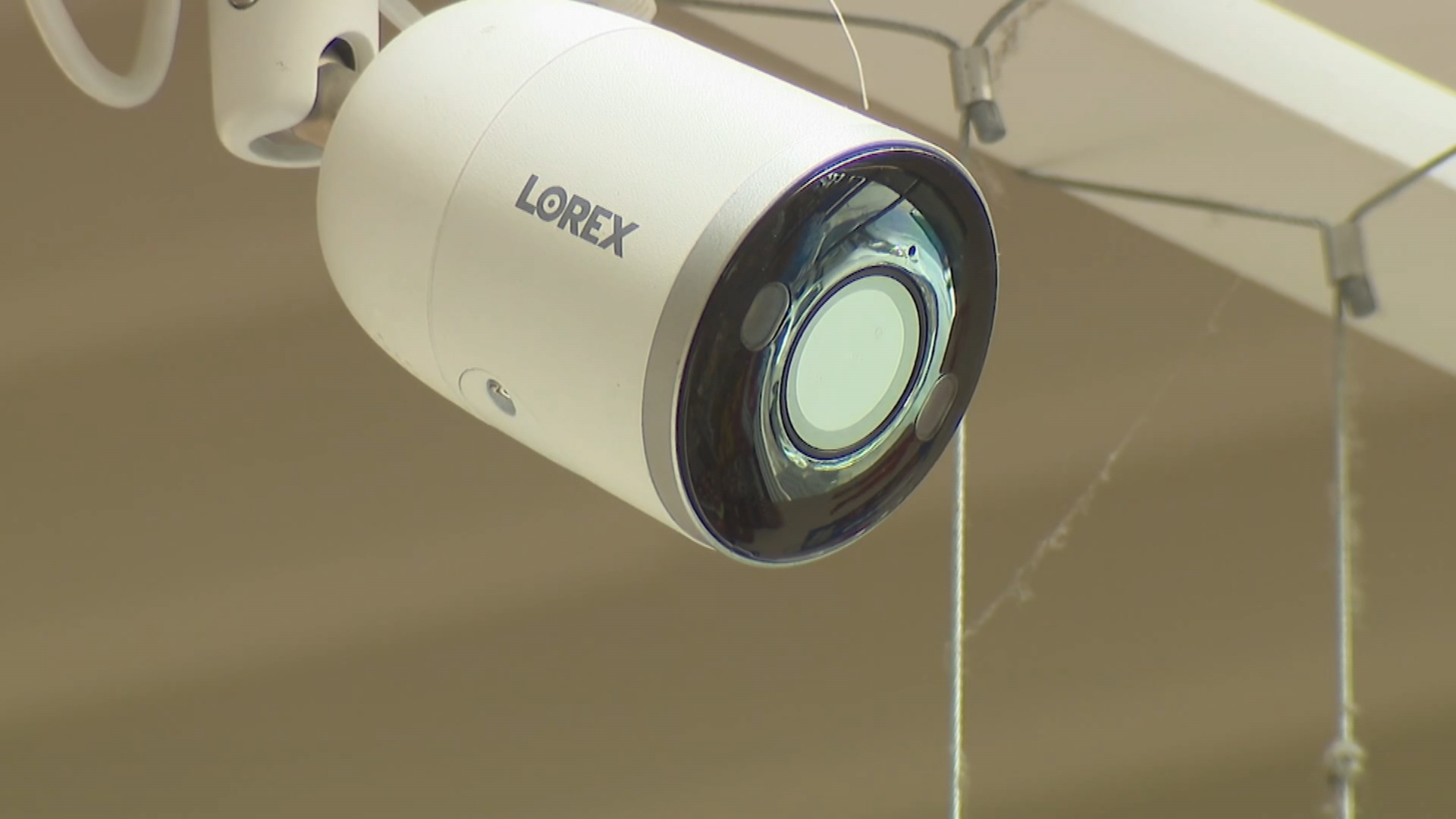After a Fourth of July holiday weekend that saw more than 100 people shot in Chicago, the city's top cop and mayor offered a candid response, sharing new insights into the startling numbers being reported.
"When this reckless violence ravages across our city at this magnitude, we are losing a piece of the soul of Chicago," Mayor Brandon Johnson told reporters. "It deeply pains me to admit that, but it is true."
The violence that sparked on the Fourth of July Thursday continued well into the holiday weekend, leaving at least 19 people killed and dozens more wounded over four days.
"These are 19 families whose lives are forever altered," Johnson said. "And 19 families woke up this morning without a son, without a daughter, without a mother, without a father, without an aunt, without an uncle. Over 100 people whose lives will never be the same, whose next chapter in life is recovery and healing from this violence. These 100 people are members of families and communities."
By the end of Friday, the tally of shootings — six people shot Thursday and 62 shot Friday, 12 killed over both days — surpassed the numbers for last year’s entire holiday weekend. Last year, 11 people were killed and 62 wounded over the holiday weekend, which stretched over four days, July 1-4.
The violence results in calls for action from leaders across the city, including Cardinal Blase Cupich.
Local
"This year ... we witnessed atrocious violence across Chicago: More than 100 people were struck by gunfire, 19 people lost their lives, and countless families and friends of those victims are left with questions, prayers and anger," Cupich said in a statement. "As I said last year, we have a gun violence epidemic in America, and it is far past time for us to do something about it. The beautiful memories of the people lost tragically to gun violence will remain forever, but so will the trauma from the loss of loved ones."
Chicago Police Supt. Larry Snelling acknowledged the challenges that come with policing during holidays with large gatherings.
Feeling out of the loop? We'll catch you up on the Chicago news you need to know. Sign up for the weekly Chicago Catch-Up newsletter.
"What we have to understand is that when we're looking at this type of violence, we look at celebratory days of the year -- the Fourth of July and other days like it -- where groups come together, large groups gather. And sometimes this violence comes out of petty arguments. People who have been together all day, they come together as a group, they've been drinking, tempers flare and people decide that they are going to air out their differences through violence, especially gun violence."
Outreach group Operation Neighborhood Safety echoed those sentiments in a recent interview with NBC Chicago. Members said organized gangs are now splinters and factions and are more violent than ever. Former Chicago Police Officer Matt Brandon said old-style street gangs no longer exist.
"Right now, a gang can be a block of people who don't like another block of people," he said.
The violence, Brandon cautioned, is often the result of threats and taunts made on social media.
This year’s holiday violence includes four mass shootings. In all, 24 people were shot, four fatally, in the mass attacks.
On the Fourth of July holiday, in the city's Grand Crossing neighborhood, two adults and one child were killed and two other young children were critically injured when multiple people pulled up to a residence and began firing at a home.
According to Don Jerome, Deputy Chief Area One, the shooting was believed to have stemmed from a "personal dispute." All victims were believed to be inside the residence when the shooting occurred, Jerome said.
"What we really have to think about is the brazenness and the behavior of those who can walk into a home and see children and women and open fire on them," Snelling said. "I mean, it's an amazing thing to think that as a human being that you could walk in and do something like that. That you can see a child and open fire."
Officials called for anyone who may know something about the gunmen responsible for such shootings to come forward.
"We need people to start coming forward. We need people to take responsibility. Help us help you," Snelling said. "We want to take these people off the street. Our detective division, our police officers, our specialized units are working themselves day and night. Sick, sleepless hours, just to try to bring some level of justice to this."
Snelling called the weekend violence more than just a "police issue."
"This is a societal issue. The police cannot be in everybody's backyard. They cannot be in everyone's home. They cannot invade every single gathering where there's a possibility that someone may show up with a gun," he said. "Everything that we do as a police department is based on reasonable suspicion to investigate or probable cause for an arrest. So what we need to look at is the responsibility of everyone in this. When people get together, we need people to understand that they can celebrate but do it safely and responsibly. That being said, that when we know that we had someone who committed a crime."
Johnson noted that in June, he called for federal help to deal with ongoing city violence.
"Last month I called on our federal partners to respond to the mass shootings in the city of Chicago and I've called upon them to respond to the mass shootings, like we've experienced in Chicago, just like they do in other places in this country. And I'm hopeful that our ongoing discussions will ensure that our state partners as well as our federal partners will swiftly come to the support of the city of Chicago," Johnson said. "The city cannot afford to wait any longer. The full force of government is activated to step up to stop the violence. And we need more support."
Such resources, Johnson said, include things like "victim support services," like community violence intervention and "more boots on the ground" working to keep illegal guns from reaching the wrong hands.
"Remember the mass shooting that happened in Highland Park and all the services that they get? That's what we're asking for," Johnson said. "That's all what other suburban places get around the country when mass shootings happen like that. We're just simply saying Chicago deserves that as well."
Johnson stopped short of saying the city's summer safety plan was inadequate, however, instead saying it's a sign "we have to double down our efforts."
"I can tell you what doesn't work. We all know what doesn't work in this room: closing schools, shutting down public housing, raising pensions, not balancing budgets. We know that doesn't work. Everything has already been tried and it has failed. And what I'm saying is, yes, we've got to hold people accountable and I'm confident in our police department, our superintendent, detectives are working overtime. That's why I made a commitment to hire 200 of them. We're almost there within my first term. So we got to solve crime and our Detective Division has stepped up and they're doing that, but it's not just policing alone. Look, it's not enough for me to stand here and say homicides are down and shootings are ... You're talking about a plan that we put forth in May, over the course of a couple of months. We can't give up on the city of Chicago that easily, we just can't."
While the holiday weekend violence remained top of mind, also in the thoughts of many in the city is the upcoming Democratic National Convention, as some question if the city is prepared for such a large-scale event.
"We've had more protests here this year than I can remember since 2012, when we had the NATO event here. Our officers have responded very well. We haven't had violent clashes with our protesters. We've had our dust ups, but nothing that made national news," Snelling said. "We communicate, our officers are trained properly in dealing with those types of situations. That being said, we have officers who are training specifically for that. Alright, we're looking at a total of 48 hours of training for officers to deal specifically with large-scale protests and the possibility for civil unrest. We're hoping that that doesn't happen ... Now, along with that, we have been working on a neighborhood plan to make sure that we are not pulling resources that are necessary to keep our neighborhoods safe."



